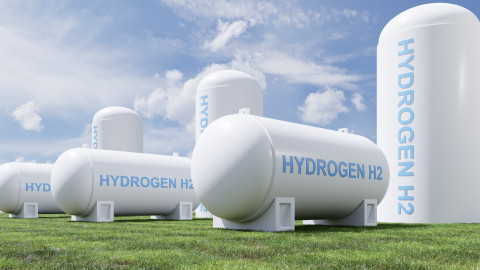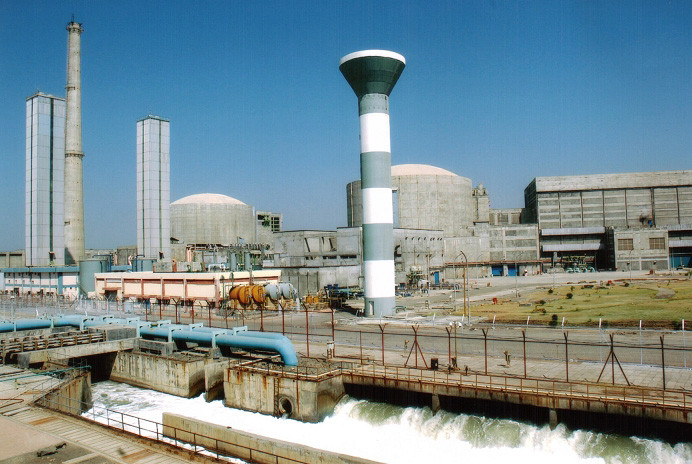India might open nuclear power to private investment, eyes 11,000 MW of new capacity
The Government of India is planning to throw open its nuclear sector to private investment to achieve its target of emissions-free power, Reuters reports, quoting government sources it didn't identify who were directly connected with the issue.
The government is reportedly talking to at least five private firms — four of which have been identified as Reliance Industries, Tata Power, Adani Power and Vedanta Ltd — to invest around Rs 44,000 crore each, to build 11,000 MW of new nuclear power generation capacity by 2040.
The funding is expected to help India achieve its target of having half its power generation capacity deployed on non-fossil fuel sources by 2030, against 42 percent now.
This would be the first time the country would see private investment in nuclear power. At present, the country's nuclear power plants are run by the Nuclear Power Corporation of India Ltd (NPCIL), a public-sector undertaking which handles 7,500 MW of capacity, and has committed to set up a further 13,000 MW.
The government is keen on a hybrid structure. The private companies would have to invest in the nuclear plants, acquire the land and water and undertake construction in areas outside the reactor complex, while NPCIL will hold the rights to build and run the stations and undertake fuel management.

No looking back: Energy transition in India -
The companies would earn revenue through sale of electricity, while NPCIL would get an operator's fee for managing the projects.
The hybrid plan also offers a workaround India's laws, which forbid private companies from setting up nuclear power plants, although they are allowed to supply components and equipment. A source confirmed that the plan will not require any amendment to the Atomic Energy Act of 1962, although projects will need final approval from the Department of Atomic Energy.
India struck a deal with the US for supplies of reprocessed nuclear fuel in 2010, but the country's stringent nuclear compensation laws hampered discussions with foreign nuclear power companies such as General Electric and Westinghouse. The country currently generates less than two percent of its power from nuclear plants.






















